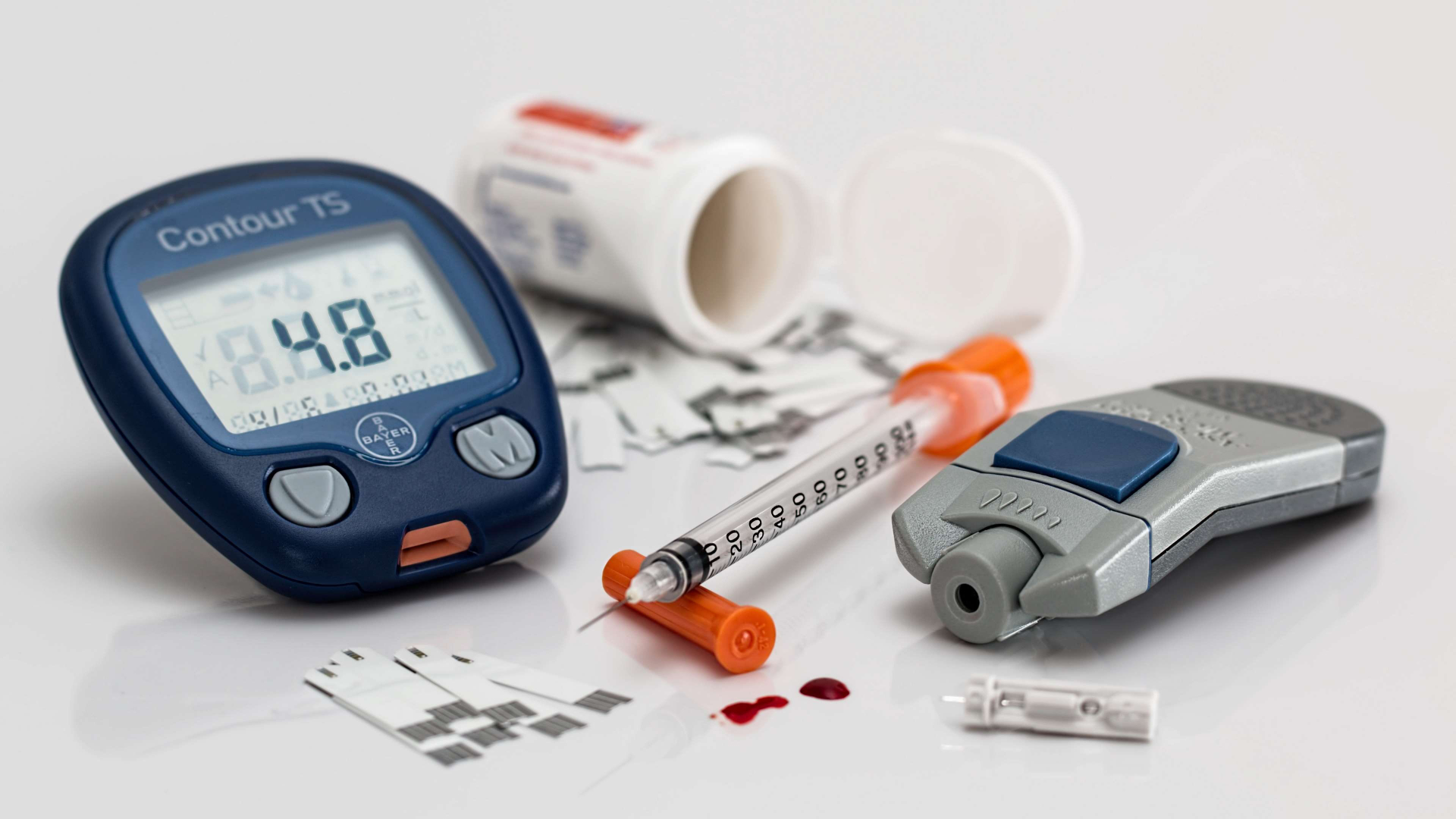People with type 2 diabetes have a 30 to 40 percent increased risk of developing colorectal cancer. Symptoms include a change in bowel habits, blood in the stool, lower abdominal pain or cramping, fatigue, and vomiting. In the early stages, when the cancer is easiest to cure, there are no symptoms, which is why it is so important to get regular screenings. Only 39 percent of colorectal cancer is found in the early stages due to low compliance with the American Cancer Society’s recommendations for screenings. Screenings with the early detection and removal of polyps decrease the risk of developing the disease by 70 percent. Some risk factors, such as age; family history; and personal history of ulcerative colitis, Crohn’s disease, or colorectal cancer cannot be modified. Hyperinsulinemia, or high levels of circulating insulin, may make people with insulin resistance or who take insulin to control diabetes at greater risk. The studies on hyperinsulinemia are not conclusive, and it is important to continue taking insulin to control blood glucose levels. Risk factors for colorectal cancer that can be controlled or modified with lifestyle changes include obesity; high intake of processed and grilled meats, red meat, alcohol, and saturated fat; low intake of fruits, vegetables, omega-3 fatty acids, calcium, folate, dietary fiber, and vitamin D; smoking; and being sedentary. Some studies show that people on aspirin therapy for other reasons have less incidence of colorectal cancer, but taking aspirin for the sole purpose of preventing colorectal cancer is not currently recommended. Taking steps to improve any of the modifiable causes of colon cancer, by increasing activity levels or making healthier food choices, along with getting recommended screenings, can help reduce the incidence of this deadly disease.
Preventing Colorectal Cancer





